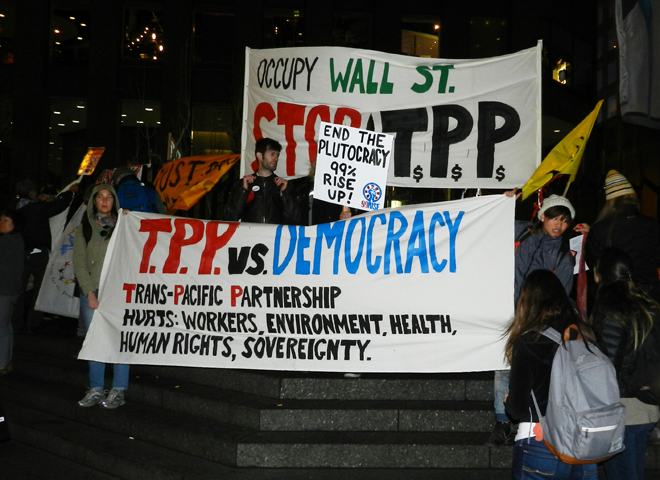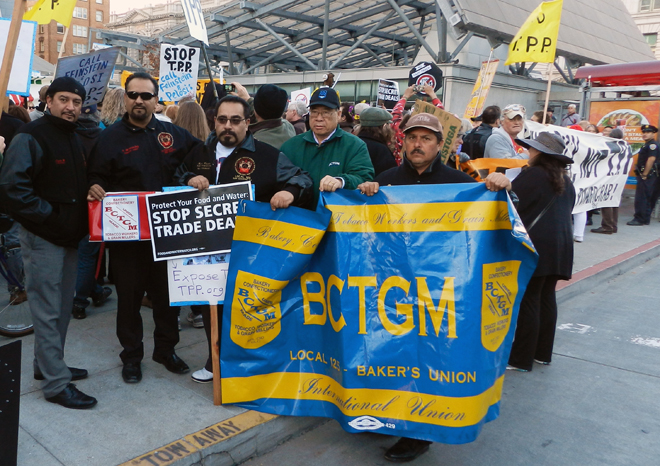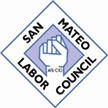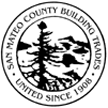Bay Area Rallies Against the Trans-Pacific Partnership
More than 45 cities say No More NAFTAs!

Fair trade activists, workers, environmental activists and others rallied January 31 in San Francisco against the proposed Trans-Pacific Partnership (TPP). Activists marched from the federal building where House Minority Leader Nancy Pelosi has her office to the office of Senator Dianne Feinstein to mark their opposition to the Fast Track legislation which would circumvent ordinary Congressional review and speed up the approval of the TPP.
The pending trade deal expands the pro-corporate regime across this hemisphere and the Pacific Ocean. Leaked texts prove the TPP is another corporate bill of rights that threatens to destroy livelihoods and accelerate the global race to the bottom in wages and working conditions. It would further commodify agriculture, trample food sovereignty, hurt small farmers and contribute to forced migration. The trade deal would also enable new corporate attacks on democratically-enacted environmental and consumer protections, undermine global economic stability by prohibiting effective regulation of financial markets, and reduce access to life-saving generic medications, increase the costs of prescriptions, and restrict freedom on the Internet.
“The Economic Policy Institute has calculated the U.S. lost 700,000 jobs because of NAFTA,” said SF Labor Council Executive Director Tim Paulson. “Why would we support fast tracking the TPP which would result in losing even more jobs and put more pressure to drive down wages? This should not even come up for a vote.”
Carleen Pickard, Executive Director of Global Exchange, said, “We’re here to acknowledge the harm that NAFTA has already caused North American communities, and to resist the new threats that the TPP poses. In the past, people coming together like this across geographic borders have defeated similar corporate power grabs. The Multilateral Agreement on Investment, the Millennial Round of the World Trade Organization, and the Free Trade Area of the Americas all died when people stood up and said no. There’s no reason we can’t do it again with the TPP.”
“Fast track approval would pave the way for the TPP, which could have disastrous implications for the environment and American consumers,” said Food & Water Watch Northern California Organizer Tia Lebherz noted that. “The TPP promotes the privatization of public resources and corporate self-regulation. It would give companies the power to overrule local governing bodies on decisions about fracking, food safety, public health and the environment. Further, it pushes for expanded exports of natural gas to foreign countries, which will undoubtedly increase fracking across the United States. Congress must stop devastating trade deals like the TPP by opposing fast track authority.”
Maira Sutton, Global Policy Analyst for the Electronic Frontier Foundation (EFF) said EFF was taking part in the rallies because it opposes TPP’s copyright provisions. “Wikileaks’ publication of the ‘Intellectual Property’ chapter last Fall confirmed our fears that the TPP enshrines and expands our broken US copyright system into international law, and paves the way for a future that makes us fearful of how we use and interact with technology,” she said.
“We expect Representative Pelosi to use her San Franciscan values of openness and democracy to define the opposition to Fast Track’s undemocratic and unconstitutional rules that would ram through more secretive free trade deals like TPP,” said Victor Menotti, Executive Director of the International Forum on Globalization. “She saw twenty years ago how Fast Track was needed to approve the corporate dream of NAFTA and the WTO, so she is aware that authorizing it again would predictably worsen today’s record inequality and ecological crisis. Rep. Pelosi’s stopping Fast Track and TPP could be a turning point in democratizing the debate over today’s failed globalization.”
Organizers announced at the rally that Senate Majority Leader Harry Reid had announced that he would not hold a vote on fast tracking the TPP. San Mateo Congressmembers Anna Eshoo and Jackie Speier both oppose Fast Track and signed on to a letter to President Obama last November.
For more information and updates, check www.citizenstrade.org/ctc/.

BCTGM members protested the Trans Pacific Partnership in SF Jan. 31
Did NAFTA Help Mexico? An Assessment After 20 Years
A new report from the Center for Economic and Policy Research shows that 20 years after it was enacted, the North American Free Trade Agreement (NAFTA) has not been good for workers in Mexico.The report, “Did NAFTA Help Mexico? An Assessment After Twenty Years,” found slow growth, stagnant wages and nothing in the way of poverty reduction after 20 years of NAFTA.
Economist Mark Weisbrot compared the performance of the Mexican economy with that of the rest of the region over the past 20 years, based on the available economic and social indicators, and with its own past economic performance. The report finds that Mexico ranks 18th out of 20 Latin American countries in growth of real GDP per person, the most basic economic measure of living standards.
Additionally, Mexico’s poverty rate of in 2012 was almost identical to the poverty rate of 1994, real (inflation-adjusted) wages for Mexico were almost the same in 2012 as in 1994, and unemployment has increased significantly. It also notes that if NAFTA had been successful in restoring Mexico’s pre-1980 growth rate—when developmentalist economic policies were the norm —Mexico today would be a relatively high income country, with income per person significantly higher than that of Portugal or Greece. Without the negative impacts of NAFTA in Mexico, It is unlikely that immigration reform would be a major political issue in the United States, since relatively few Mexicans would seek to cross the border.
The report can be downloaded from the CEPR website at www.cepr.net.
|





